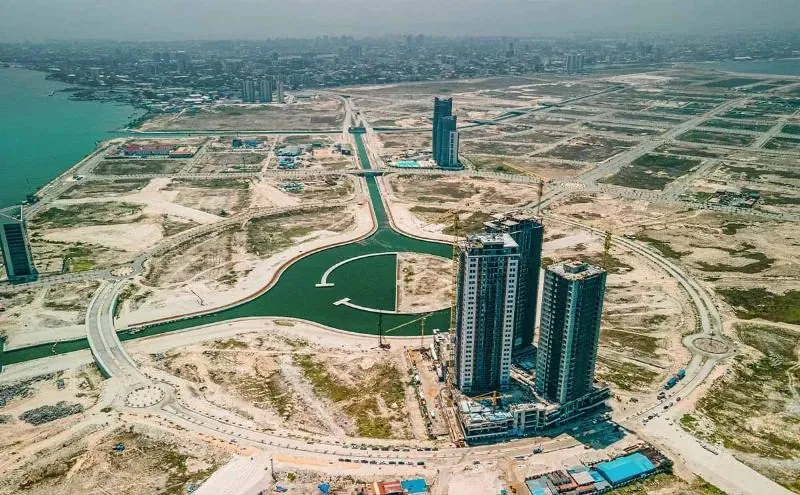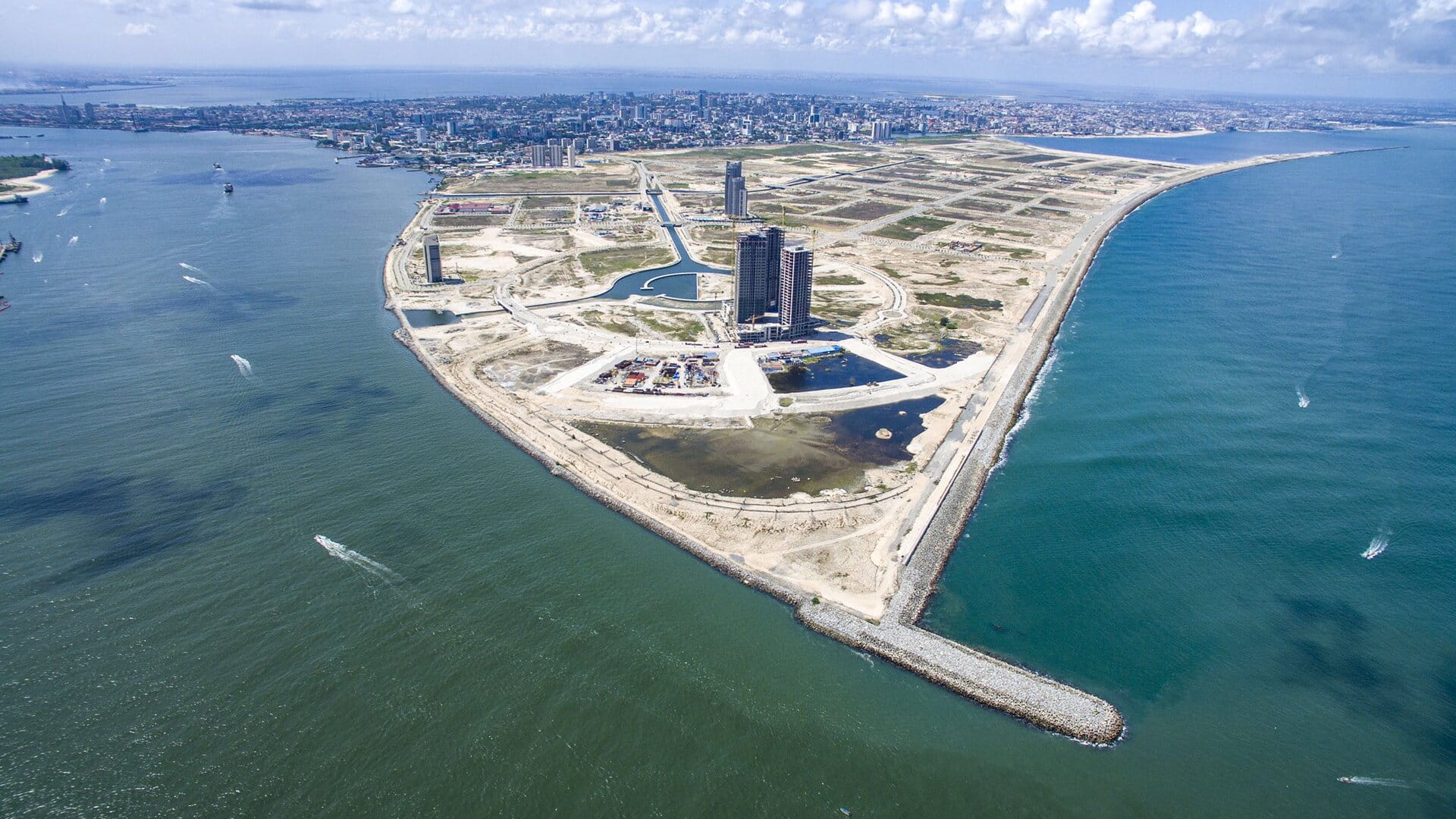A new report, the “State of Lagos Housing Market, Volume 3,” reveals a dramatic surge in the value of prime coastal real estate in Lagos, with a plot of land in Eko Atlantic that was once worth around N180 million in the early 2000s now commanding over N2 billion.
This highlights a decade of profound transformation within the city’s luxury property sector.
Exponential Appreciation and Key Investment Destination
The report states that Lagos’s luxury real estate market has rapidly evolved from being relatively affordable to a highly competitive and premium investment destination.
This change is driven by a dynamic mix of economic, demographic, and infrastructural forces, resulting in consistent and often exponential appreciation of land prices with “no significant reversals.”
The longer an investor waits, the more expensive properties become.
A compelling example is Ibeju-Lekki. A plot of land there, costing N500,000-N1.5 million in 2013 before major developments like the Lekki Free Trade Zone, surged to N5m-N10m by 2018. By the first quarter of 2025, the same land is valued between N25m and N40m, representing a potential 40-fold increase in a decade. Similarly, plots in Lekki Phase 1 that were N10m-N15m in 2005 are now worth over N400m-N500m.
This extraordinary appreciation underscores that Lagos real estate has become a primary vehicle for wealth accumulation.
The market’s dynamism is less about general housing needs and more about its function as a high-yield investment vehicle for the affluent, including a significant portion of diaspora investors, establishing it as a critical mechanism for wealth generation and preservation, particularly for those with long-term capital.

Drivers of Market Growth and Luxury Offerings
Several interconnected factors are attributed to the remarkable appreciation in the Lagos luxury real estate market:
- Urbanisation and Population Growth: Lagos’s population has rapidly expanded to nearly 24 million, with an annual growth rate of 2.5 per cent. Over 6,000 immigrants arrive daily, with about 50 per cent choosing to stay, significantly increasing demand for all housing types, including luxury. The population is projected to exceed 25 million by 2025, further fueling this demand.
Luxury properties in Lagos are equipped with world-class features and amenities designed to meet international standards, creating self-contained, elevated living experiences. These increasingly incorporate state-of-the-art home automation and smart home technology.
Common private amenities include in-house gyms and swimming pools, with ultra-exclusive communities like Banana Island even boasting private helipads and golf courses. Other premium offerings include infinity pools, 24/7 concierge services, private lounges, and wellness centres.
Opulent interior designs often feature dedicated home offices, entertainment lounges, game rooms, cinemas, and bars, with high-quality finishes such as Spanish tiles, security doors, imported sanitary wares, and premium electrical fittings.
Architectural styles within the luxury segment range from sleek, modern minimalist designs to more traditional styles incorporating local materials and reflecting Nigerian heritage. Beyond physical attributes, exclusivity and prestige are central to luxury housing in Lagos.
Estates like Banana Island, Ikoyi, Lekki Phase 1, and Victoria Island are regarded as symbols of wealth and modern urban living, signifying social success and positioning residents among West Africa’s elite.
Location-specific advantages, such as waterfront views, upscale malls, fine dining, and proximity to business hubs in areas like Banana Island and Victoria Island, further enhance their appeal, aligning with international luxury buyer expectations.
The “State of Lagos Housing Market, 3rd Edition,” is published by the Roland Igbinoba Real Foundation for Housing and Urban Development.


 Trending
Trending 
